
For around half of the world's population, periods are simply an inevitable fact of life.
And, after well over a decade of having my own now, I've come to know that each and every person who menstruates has their own little tricks, tips, hacks and rituals when it comes to easing the discomfort.
Whether that's cancelling your social plans, working from home, giving in to your hard-to-ignore food cravings, spending hours at a time in the bath, practically living with a hot water bottle or heating pad glued to your stomach - you get the gist.
But, from my own experience and watching the shared lived experience of people who have periods online, it seems like a bizarre phenomenon is forming where many of us deliberately don't take painkillers for period cramps to 'see how long we can take it'.
Advert

"Girl math is not taking pain meds when you have cramps to see how long you can take the pain for and if you take the meds it means you’re weak," penned one X user.
A second confessed: "Not taking anything for my severe debilitating period cramps as a form of self harm because I am a masochistic freak who thrives on pain."
"My cramps are killing me but I choose to deal with it and not take anything lol I hate medicine," a third chimed in.
Another mused: "Bruh some women are strong as hell. They’ll be writhing in pains because of period cramps but they won’t take pain meds. They’ll chest the pain for days!"
"Women be on here like you supposed to fight through the cramps and not take pain meds. Soon as I feel a slight cramp and check I’m taking four to the head," echoed a final X user.
I myself, as well as my friends, am very much so guilty of doing this and - to my memory - we've been doing this for years now.
And why?
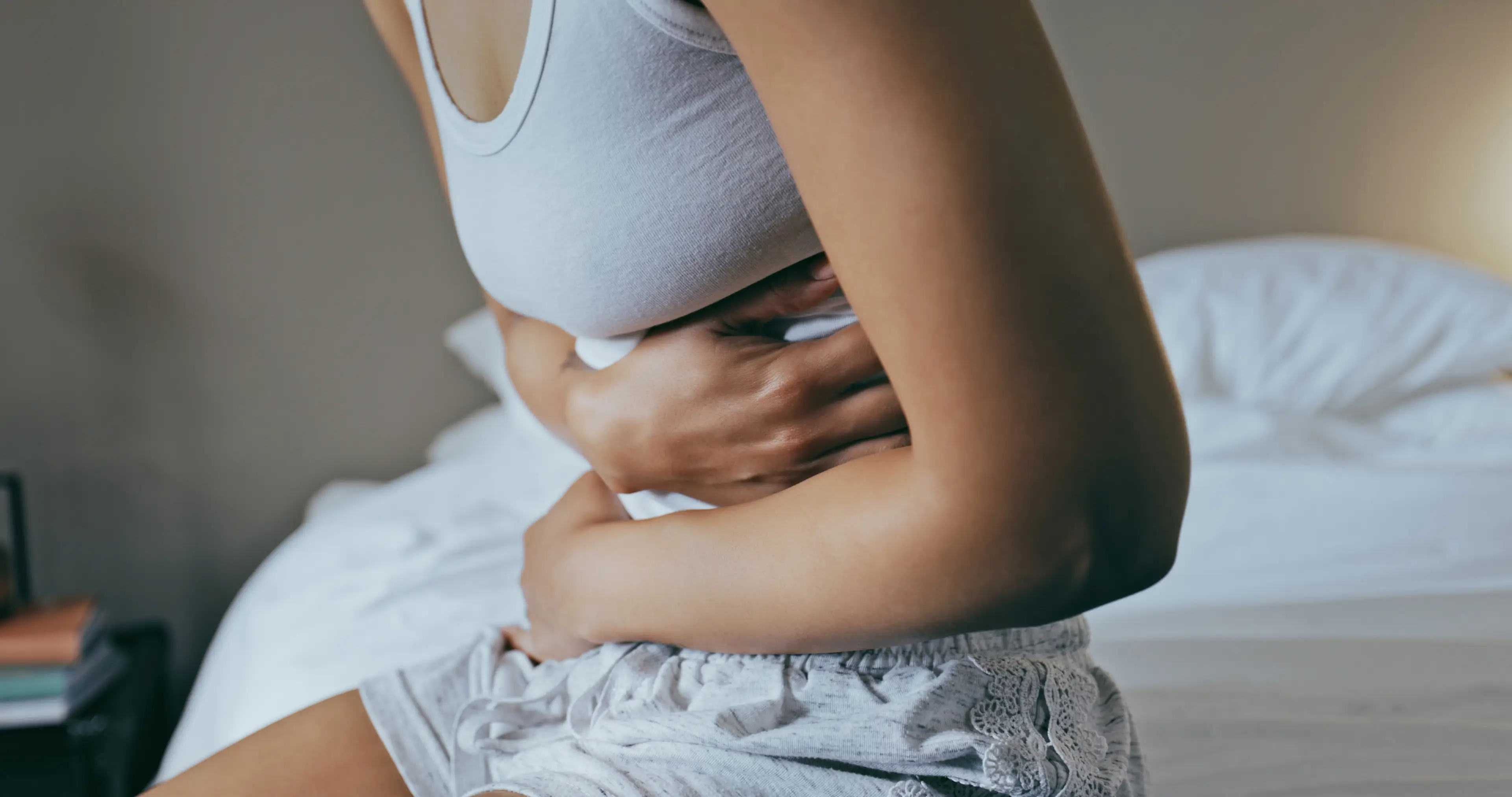
If I've got a headache, toothache, hangover or just about anything else that can be relieved by popping a couple paracetamols? I'll do it in a heartbeat. But horrendous period cramps that wake me up from my sleep, make me feel physically sick and make me keel over in pain?
There's a serious reluctance.
So, to find out more about this seriously perplexing health trend, Tyla spoke to a women's health GP to learn a little more about why women and people who menstruate may do this in the first place, if withholding from taking painkillers 'until the very last moment' actually impacts your tolerance to cramps and if any of this can affect your health in the long run?
Dr Farah Ahmed explains that this particular issue is a very 'important and nuanced topic'.
"As a GP with a focus on women’s health, I often see this very scenario play out, patients who tell me they 'wait as long as they can' before taking pain relief for period cramps," she continues.
"There are a number of layers to this, from cultural messaging to misconceptions about medication and pain itself."
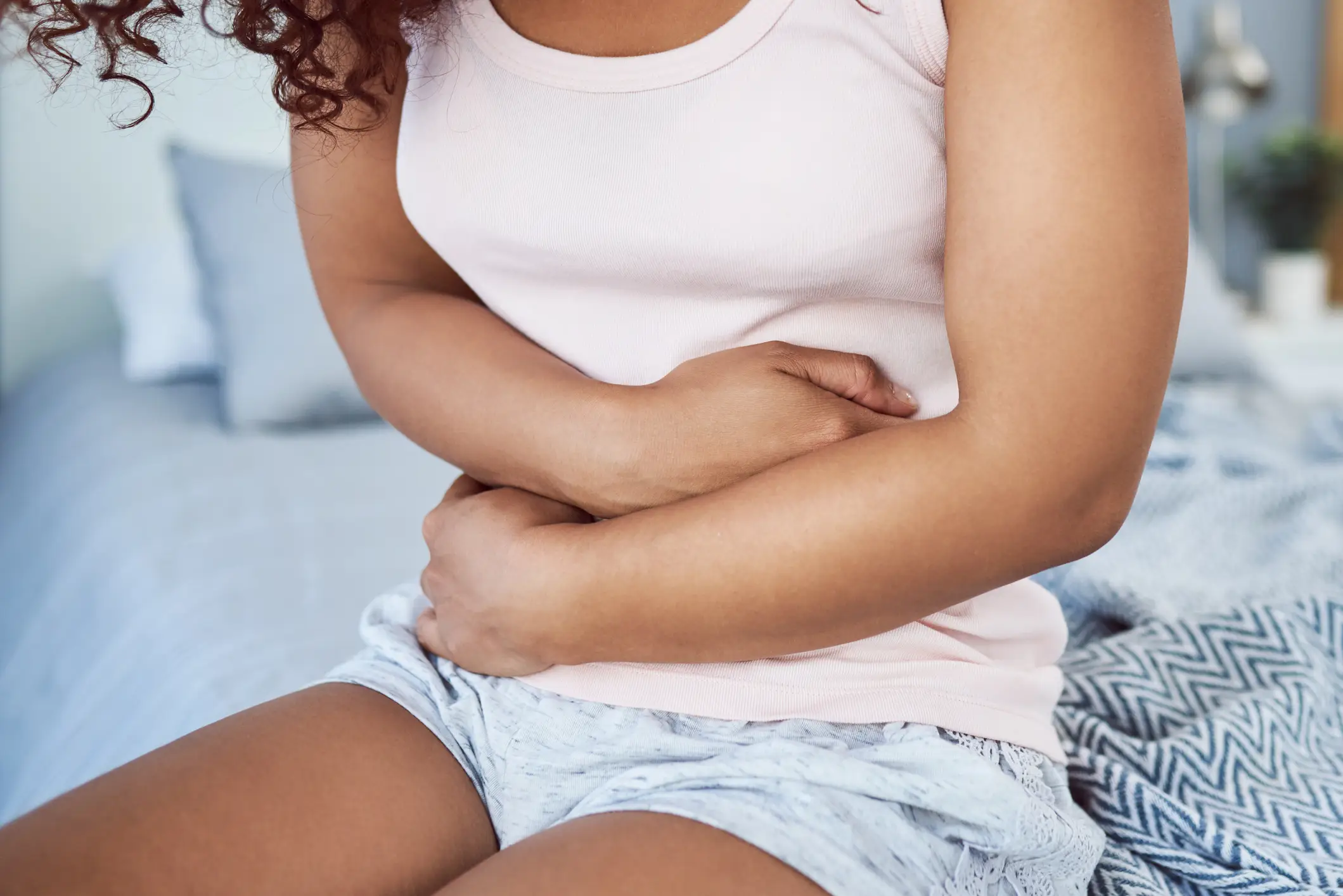
Why might women and people who menstruate delay taking painkillers?
The expert tells Tyla: "There’s a strong psychological and social component to this behaviour."
According to Farah, some common themes that come up in consultations include:
Normalisation of pain
Many people grow up being told that period pain is just 'part of being a woman' and something to be endured. This can create a mindset where experiencing pain is seen as a rite of passage or something not worth treating.
Cultural and gender norms
For some, especially in certain cultural backgrounds, expressing or treating pain can be perceived as a weakness. There’s a subtle social conditioning that praises 'toughing it out' and rewards stoicism, especially among women and girls.
Medical gaslighting or dismissal
Unfortunately, many women have had experiences where their pain has not been taken seriously by healthcare professionals. This can lead to internalised doubt ('maybe it’s not that bad') and a hesitancy to 'make a fuss'.
Fear of dependence or side effects
Some people worry that taking painkillers regularly is harmful or will lead to dependence. Others feel they should only take medication if they’re 'really ill,' not for something like period pain, which has been minimised for so long.
Control and curiosity
Some patients describe wanting to 'test' their pain threshold or feel in control by deciding when to treat it, almost like a psychological experiment of willpower.
This pattern can affect productivity and wellbeing where people may miss work, school, or social events, or struggle to function through pain that could have been safely managed.
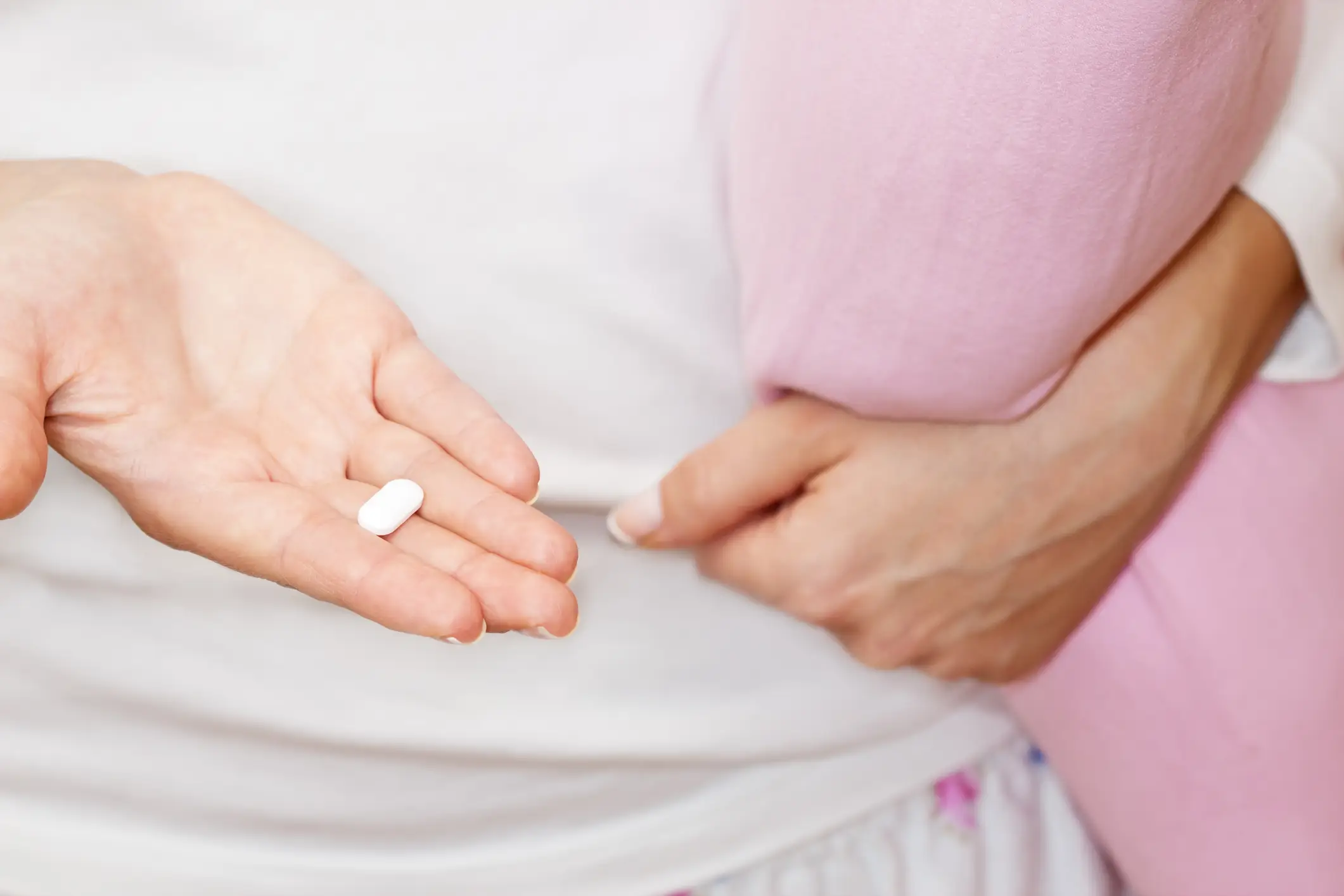
Does delaying pain relief impact your body’s pain response or make cramps worse?
Farah states that this is an extremely 'important myth to bust' with the short answer being a very clear 'yes' as delaying can very much so make things worse.
"When it comes to non-steroidal anti-inflammatory drugs (NSAIDs) like ibuprofen or naproxen, timing matters," she goes on. "These medications work best when taken early, at the onset of pain or even just before bleeding starts (if cycles are regular).
"They work by blocking prostaglandins, which are hormone-like substances that trigger uterine contractions and cause pain. By the time the pain becomes severe, prostaglandin levels may already be high and the medication is less effective."
So, Farah says by 'pushing through' the pain, people may actually be making it harder to manage symptoms effectively and setting themselves up for a more difficult day.
In terms of 'pain tolerance,' the science doesn’t support the idea that delaying medication increases resilience or decreases cramp severity over time.
"What it can do, however, is sensitise the nervous system making people more aware of or reactive to pain in general, especially if it becomes chronic," Farah warns.
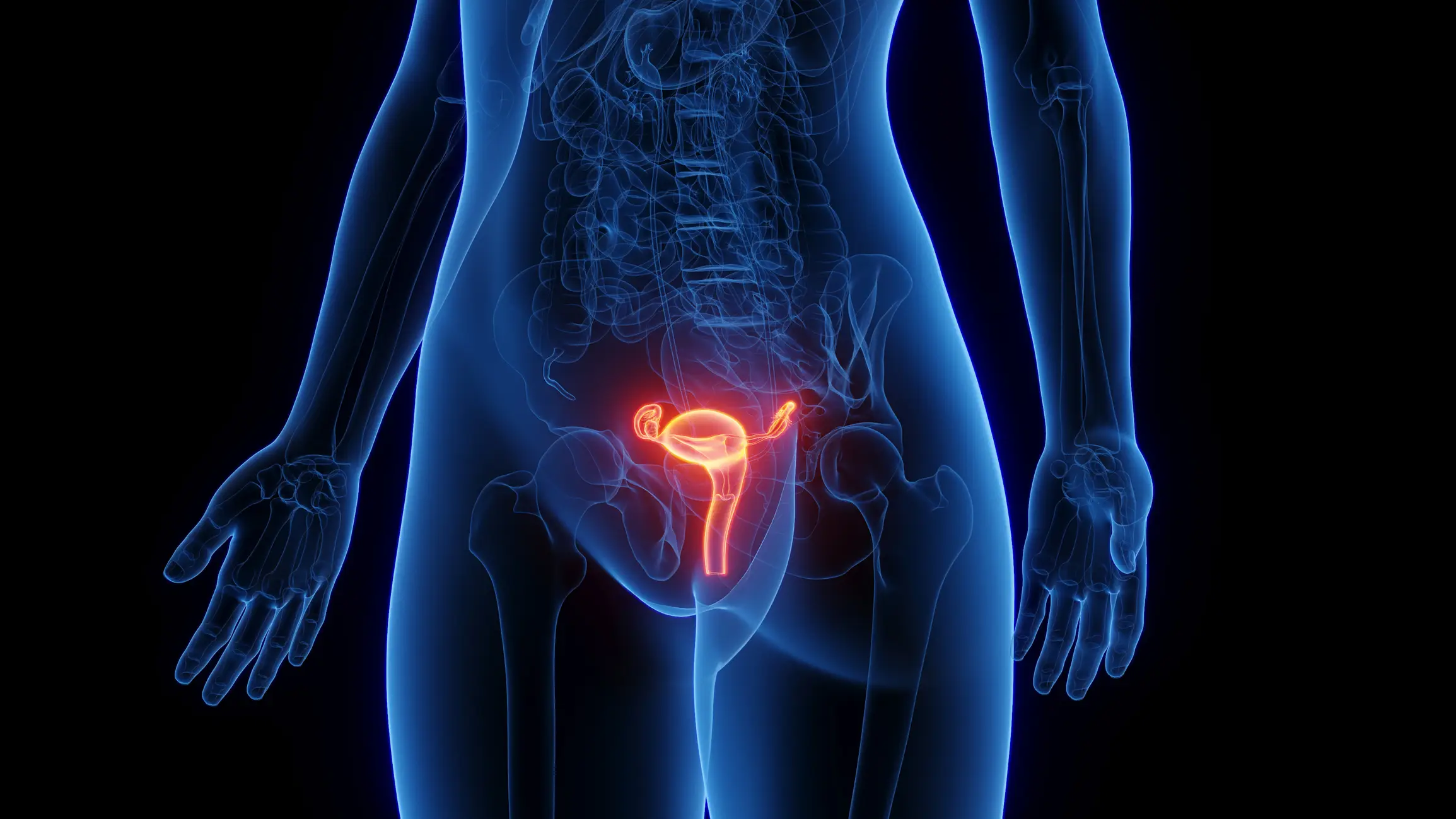
Can regularly taking painkillers affect your health long-term?
Farah notes that, when used appropriately, NSAIDs like ibuprofen are generally safe for most people. However, like any medication, they’re not risk-free especially if used frequently or at high doses:
Gastrointestinal effects
NSAIDs can irritate the stomach lining and increase the risk of ulcers or bleeding, especially if taken on an empty stomach or over long periods.
Kidney health
In high doses or in people with kidney problems or dehydration, NSAIDs can affect kidney function.
Heart risks
Long-term, high-dose NSAID use has been linked to a small increase in cardiovascular risk.
"This doesn’t mean people should avoid pain relief altogether, but it does mean it’s important to use the right medication, at the right time and ideally under medical guidance if periods are very painful," Farah adds.
For some people, alternatives like mefenamic acid (another NSAID designed specifically for period pain) or hormonal options like the pill or IUS (e.g. Mirena coil) may be more effective long-term strategies.
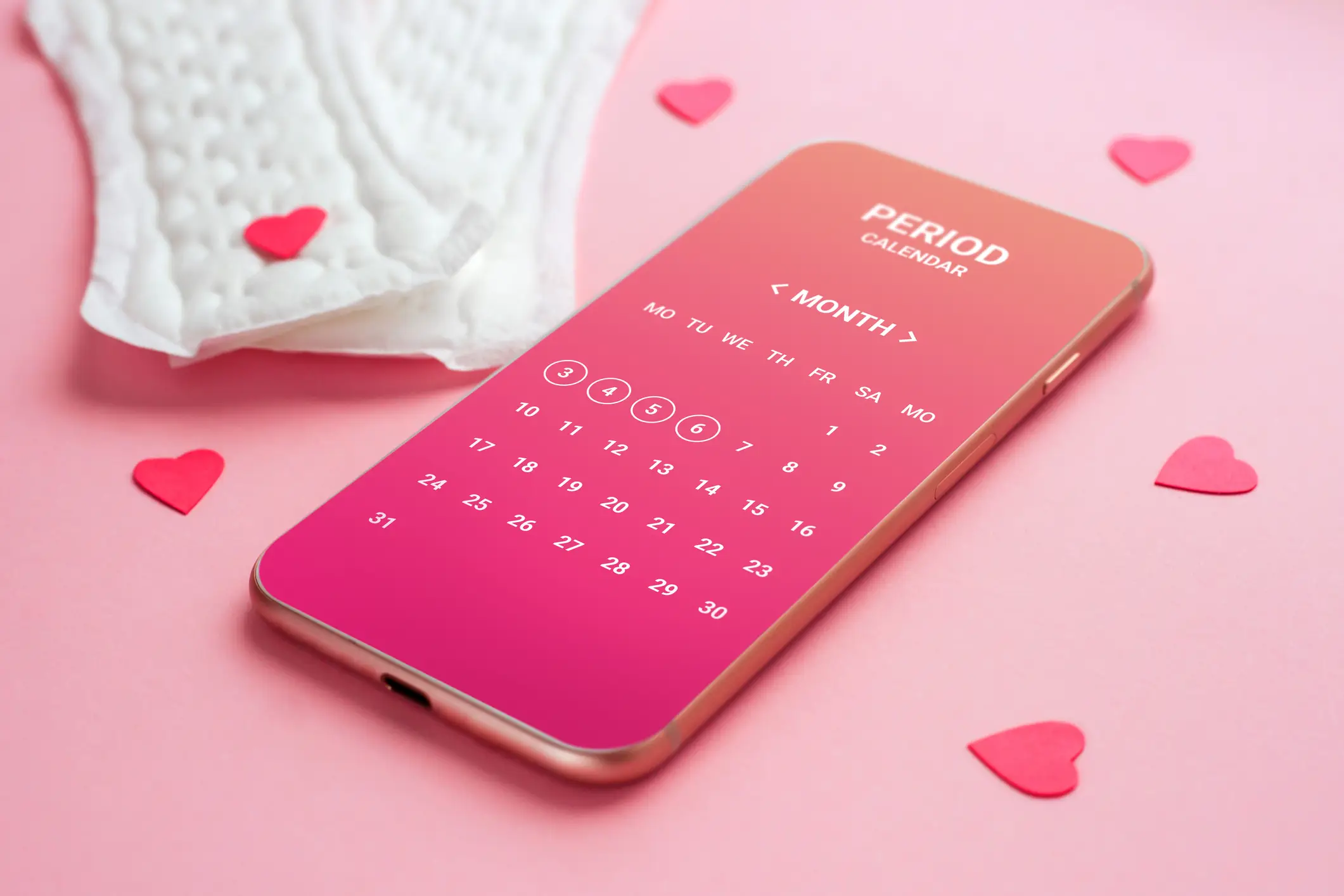
Advice and further support
Farah advises that if period pain is affecting your quality of life, especially if it interferes with daily activities, it’s not something you just have to live with.
"Painful periods can be a sign of underlying conditions like endometriosis or adenomyosis, and early management makes a huge difference," she assures, outlining four key messages for anyone who has found themselves guilty of gritting their teeth and bearing the pain:
- Don’t wait until the pain is unbearable. Why suffer? Treat early!
- Keep a period diary or use a tracking app to spot patterns.
- Talk to your GP if you’re using painkillers regularly, especially if the pain is severe or resistant to treatment.
- You deserve to feel well and function during your period, managing pain is not weakness but actually a form of self-care.
Don't mind me, just on the way to Boots to do a guilt-free stock-up of paracetamol tablets!
You can find out more about how to deal with period pain on the official NHS website here.
Topics: Advice, Health, Life, Periods, Tyla Exclusive, Women's Health, Science, NHS